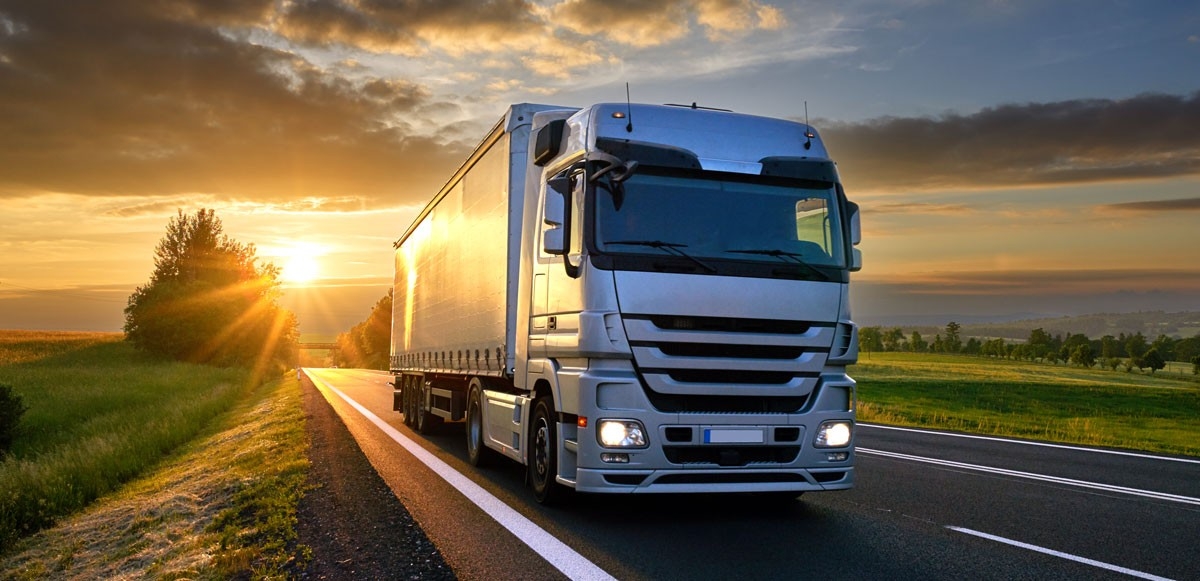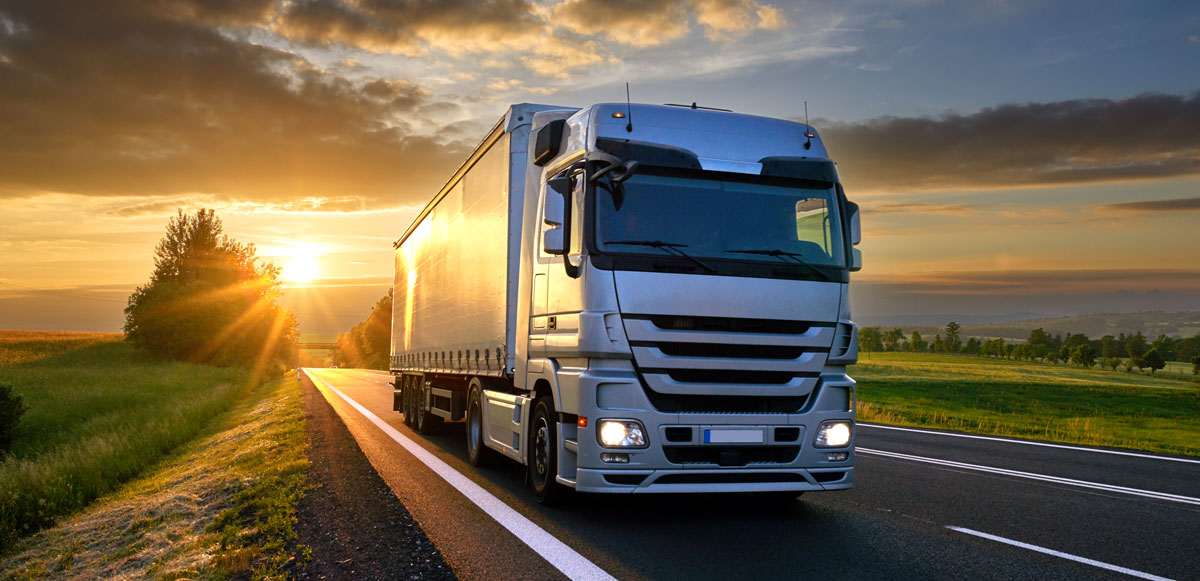Meeting the challenges of the modern road transport industry - VECTO


Everyone agrees that road transport needs to become more sustainable. But what does this mean in practical terms? Are diesel engines of all types, and indeed all internal combustion engines, really on their last legs?
Against the backdrop of a welter of launches of pure electric (battery-powered) trucks from mainstream manufacturers including DAF Trucks, Daimler, Volvo Group, Renault Trucks and MAN in recent years, and it is easy to understand why some transport managers and fleet engineers could be led to the conclusion that the obituaries being written already in some quarters for conventional truck diesel engines are maybe not so premature after all.
Yet the consensus among level-headed engineers at truck manufacturers and elsewhere is that any headlong rush away from diesel by truck operators, perhaps in response to the growing number of ultra-low and zero-emission zones being introduced across Europe by local authorities, would be a mistake.
Diesel engines meeting Euro VI emissions limits have extraordinarily low emissions of oxide of nitrogen (NOx) and particulates, they are clean enough to be exempt from most of these localised bans.
Truck fleet operators across Europe are increasingly receptive to well-informed guidance from dealers, truck manufacturers and other suppliers, including fuel and lubricant companies, on which driveline would be most efficient and most suitable for their operations.
They are especially keen to know whether the carefully chosen low-friction oils such as Delo now being specified for Euro VI diesel engines, can provide the durability and wear protection they require, and if they can be used in engines running on natural gas, HVO (hydro-treated vegetable oil), and other bio-fuels.
One development that seems certain to influence the entire European truck market one way or another is the first EU regulation on carbon dioxide (CO2) emissions from heavy commercial vehicles.
The regulation is based on a computer program called VECTO (Vehicle Energy Consumption Calculation Tool) which is being used by truck-makers to calculate and certify CO2 emission figures (and thus, in effect, fuel consumption values) for individual truck models. The central aim of the regulation is to encourage truck buyers to specify vehicles with the lowest possible CO2 emissions.
These regulations, require a 15 per cent cut, on average, of CO2 emissions from trucks between 2019 and 2025, and a further cut between 2025 and 2030 so that truck CO2 emissions by then are cut by 30 per cent compared with 2019.
Given all the technology advances, uncertainties and challenges ahead either in powerplant or drivetrain development, and the drive to lower viscosity products, the selection and application of the right quality and performance lubricants and coolants both now and in the future will have an even greater impact in vehicle performance in terms or Emissions, Fuel economy, Service intervals and durability.
For further information about Texaco Delo product range please visit click here.































